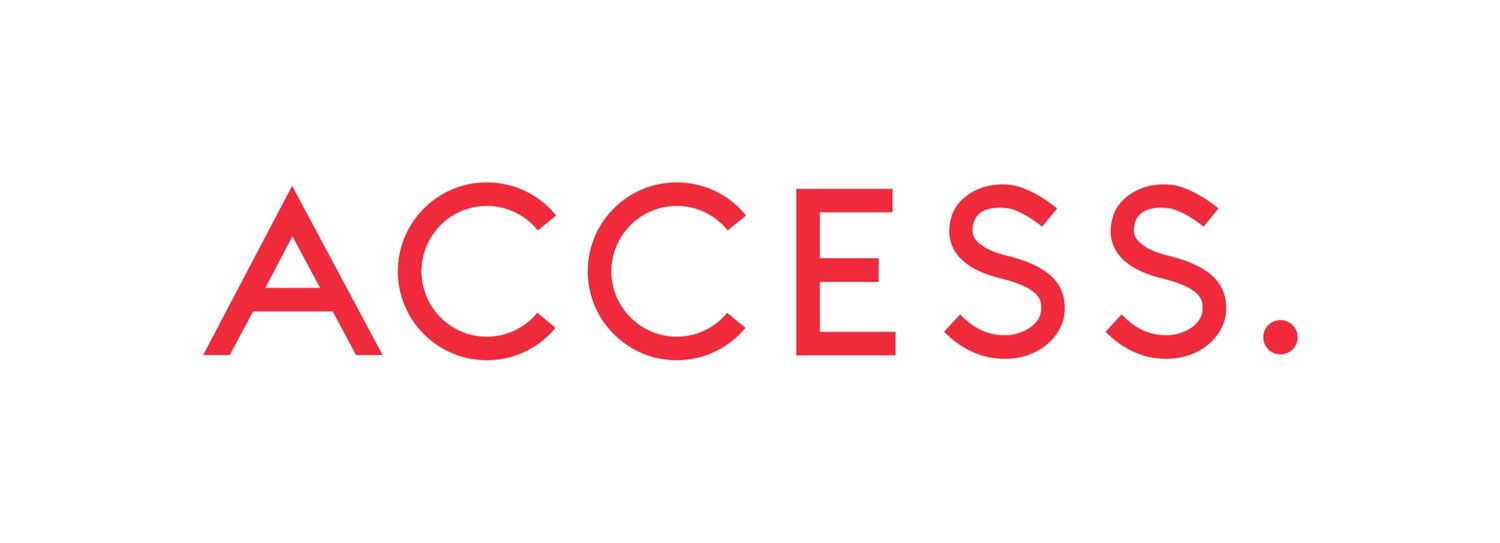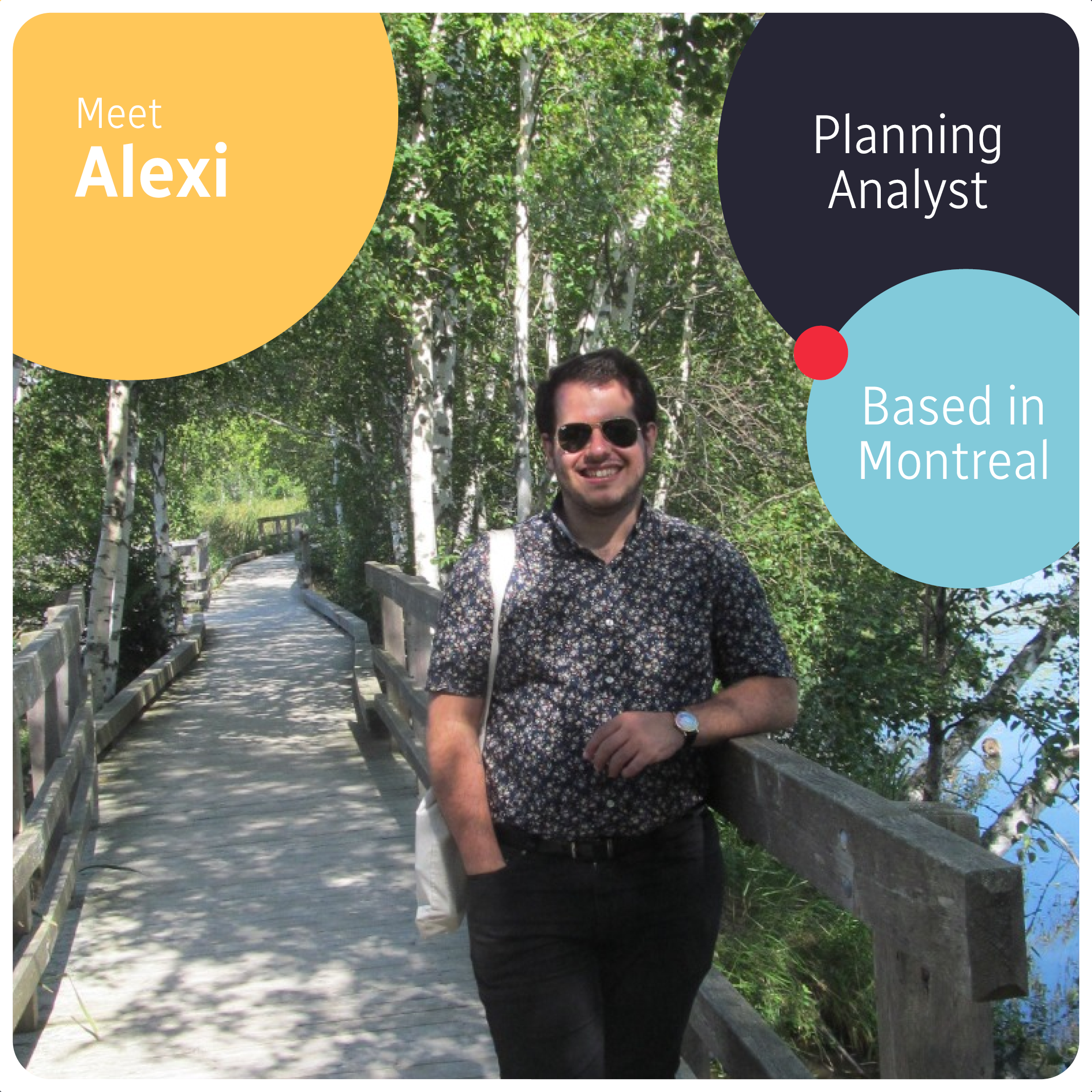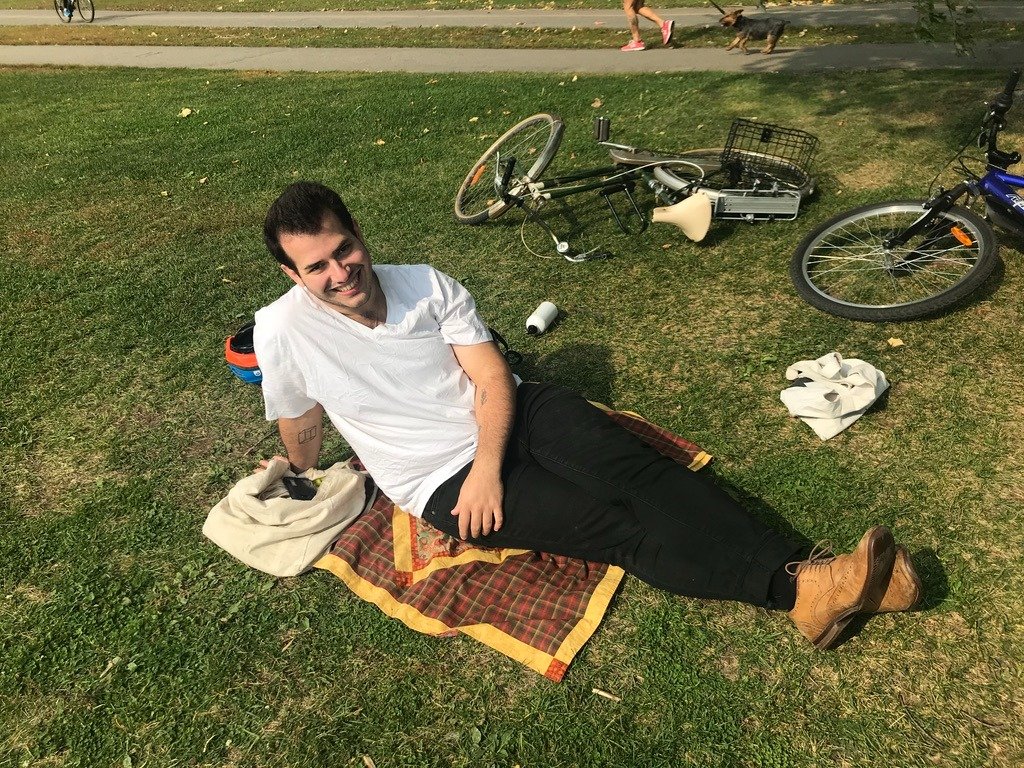“Many of my students rightfully complained about how inaccessible city life is: transit systems that are not fully accessible, housing that is overpriced and physically inaccessible, and the design of public spaces all served as barriers to full participation in the mosaic of city life. I didn’t realize it at the time, but many of these concerns ended up informing my decision to go into planning.”
Why Transportation Planning?
Short answer? Because buses, trains, and bikes are the best ways to get around cities, and it’s a blast to work on some of North America’s most interesting and challenging transportation problems.
Medium answer? Transportation is a field that really touches on so much: regional governance and planning, equity and inclusion, food security, housing, among other parts of the urban system (and beyond). Interventions into transportation systems can be far reaching and deeply impactful in the lives of residents. As such, working in transportation is a way to have a major impact on both the transition to a more sustainable climate, and working to increase equity through better access to the world outside one’s immediate area (and all the opportunities that spring from that). At its best, transportation planning can serve as a means to empower residents by providing them with autonomy and choices on how they move around.
My Professional Trajectory
I started my career and education in Philosophy at Mount Allison University and was fully committed to pursuing a joint masters and doctorate degree studying the intersection of the philosophy of science and critical theory. However, I had a bit of a crisis of purpose at the end of my bachelor’s degree and realized I wanted to pursue people focused work after 4 years of thinking through abstractions. The possibility of thinking deeply and thoroughly about a problem or a topic is both philosophy’s biggest strength and weakness – thought without action feels empty.
I spent a lot of my time in this period trying to figure out what “people focused work” looked like. I moved back to Montreal and worked in communications and marketing for a little bit while founding and running a micro-publishing house for a couple of years. I also had the opportunity to work 1-on-1 with students with disabilities to help them navigate university bureaucracies as well as work on time management and other skills. Many of my students rightfully complained about how inaccessible city life is: transit systems that are not fully accessible, housing that is overpriced and physically inaccessible, and the design of public spaces all served as barriers to full participation in the mosaic of city life. I didn’t realize it at the time, but many of these concerns ended up informing my decision to go into planning.
Despite knowing many family friends who were engineers and architects, I’d never heard of urban planning as a career until about 4 months before applying for a masters in planning. I’d never realized you could study and work as someone who gets to think more systematically about city and regional issues. I quickly learned, too, that urban planning would be a good avenue to continue to have a diverse but complementary series of interests. I was able to wander from topic to topic without losing sense of a “larger”, systemic picture.
Throughout, and after my masters, I’ve worked on projects that touched on everything from food justice and food security planning, accessible and inclusive design for public and para-public spaces, climate change mitigation, and urban planning in the context of commercial real estate. I’ve been lucky to have the opportunity to have my feet in the non-profit, academic, and private sectors over the past 5+ years. When I was first starting out in planning, many of the project I worked on were site and detail specific: how do you redesign a particular museum gallery for accessibility? How do you assess the walkability of a para-public mall space? What’s the highest and best use for a particular industrial/semi-commercial building? Since joining Access, I’ve relished applying many of the skills I’ve picked up over the years to systemic, regional transportation problems.
How I Move Around
In the spring, summer, and beginning of autumn, I try to bike around as much as possible. The rest of the time, I use a mix of Montreal’s bus and metro systems. I am an enormous fan of the bus – there is nothing like reading a book or watching the city go by. Every intersection is like a little world you explore as you move around the city.
What I Do When I’m Not Planning
I’m currently working on completing a PhD in engineering that examines the relationship between governance structures and decarbonization in Central and Eastern Canada’s road-freight system. I am passionate about food security and sit as a board member for Montreal’s the Depot: Community Food Centre.
I spend much of my leisure time being a pretty big nerd: I read a lot of science fiction and fantasy novels and playing Dungeons and Dragons with a small group of friends. I’m just finishing up the last Jeff Vandermeer novel I hadn’t had a chance to read yet (Veniss Underground). I also love going to different parts of the city and taking all the sights and sounds in (and enjoying a good coffee and pastry).
My most recent hobby is woodcarving. I wanted to do something with my hands when I’m not in the mood to read. I’ve finished a wonky spoon and am about half-way through a very sad looking fox.




